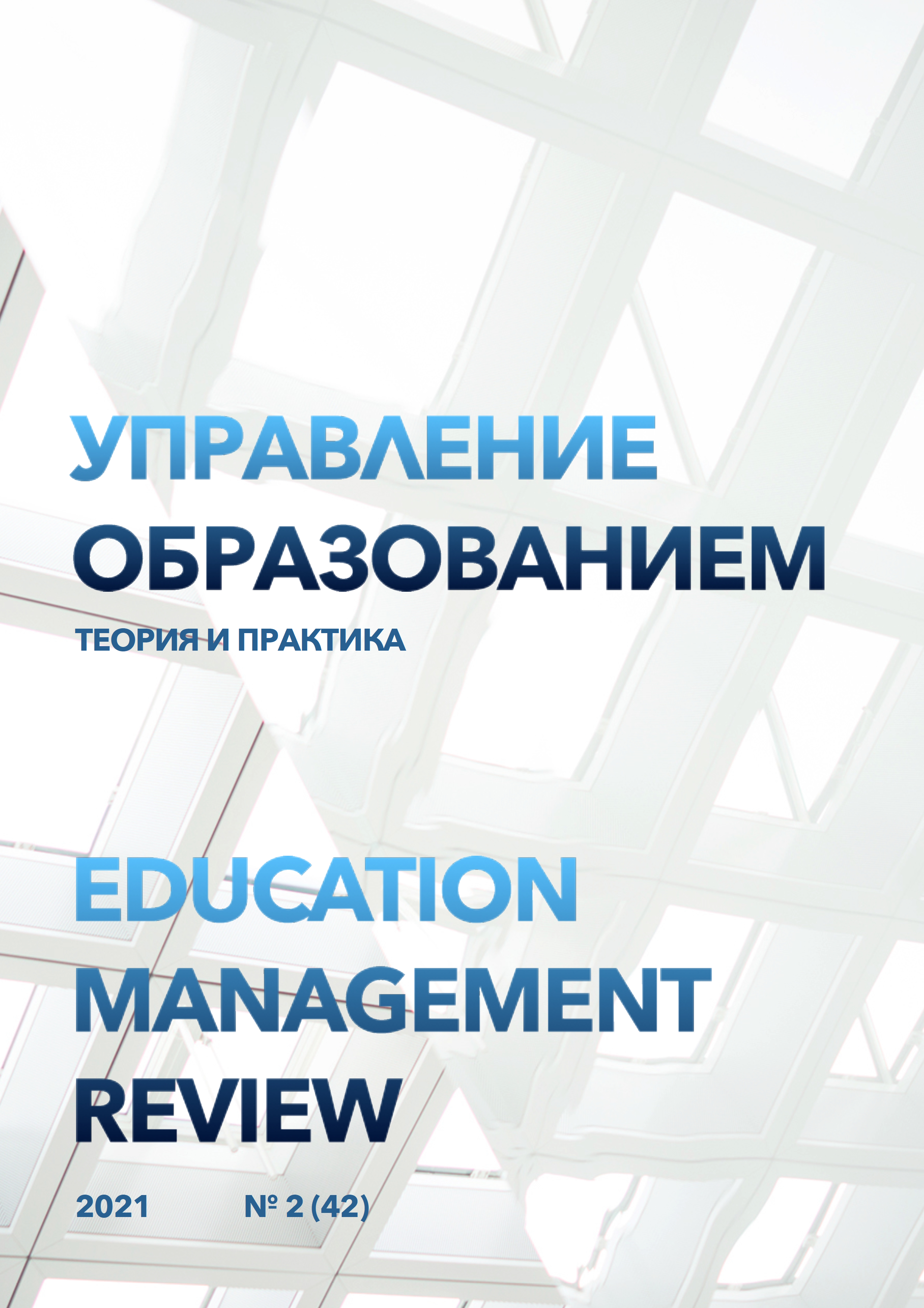Innovative forms of solving teaching issues in a remote format
DOI:
https://doi.org/10.25726/g1099-6457-0016-tKeywords:
innovative forms, remote format of education, distance learning.Abstract
In the context of the coronavirus pandemic, the issue of organizing the learning process in remote mode was updated in order to prevent mass gatherings of people in educational premises. The spring of 2020 demonstrated the need to vary the forms of training, even in those situations that are least suitable for this. It is difficult to assess the effectiveness of the work carried out today, because the work was often chaotic and unprofessional. Teachers and teachers sometimes learned new tools and technologies on the go. Many, due to the lack of a proper level of digital literacy, could not provide a full-fledged educational process. The mass transition to a remote learning format, without any preliminary work, has given rise to a number of complex issues that have not been properly resolved. Over the past decades, rapid and profound changes have taken place in the field of education, due to the introduction of information technologies and the lack of alternatives to globalization, which has significantly affected the educational process in higher education. The need to choose an advanced strategy for the development of educational institutions implies the mandatory implementation of innovative teaching methods, including the availability of digital educational content. The "Regulation on Distance Learning" was approved by the order of the Ministry of Science and Higher Education of the Russian Federation back in 2014, and most universities offer applicants for higher education to process at least part of the educational material using the capabilities of information and communication technologies (ICT).
References
Бирина О.В. Управление успешностью обучения учащихся общеобразовательных школ // Парадигма. 2019. №1. С. 42-48.
Бобкова Е.Ю. Современное явление "мультитаскинга" в системе дополнительного профессионального образования // Парадигма. 2019. №1. С. 49-52.
Волков В.Н. О роли экспертизы инновационных практик в образовании как средства управления образовательным учреждением // Академический вестник СПб АППО. 2017. № 4 (38). С. 7-14.
Волков В.Н. Тенденции развития инновационной инфраструктуры системы общего образования в России // Известия Российского государственного педагогического университета имени А. И. Герцена. 2015. № 174. С. 17-25.
Гостев А.Г., Лихолетов В.В. Сущность и структура педагогических инноваций // Сибирский педагогический журнал. 2011. № 12. С. 26-34.
Заир-Бек Е.С. Современная методология проектных исследований инноваций в образовании // Известия Российского государственного педагогического университета им. А. И. Герцена. 2017. № 185. С. 15-23.
Клячко Т.Л. Стратегии для России: образование. М.: Издательский дом «Дело» РАНХиГС, 2018. 118 с.
Материалы сайта «4brain.ru». https://4brain.ru/about/ (дата обращения: 26.05.2020).
Надточий Ю.Б. Интеллектуальный капитал образовательной организации. М.: Горячая линия -Телеком, 2019. 128 с.
Надточий Ю.Б., Шилин А.В. Современный подход к обучению // Экономические и гуманитарные исследования регионов. 2012. № 3. С. 41-48.
Нелюбина Е.Г., Грачева Е.А. Методические приемы формирования предметных ууд при изучении раздела "углерод и кремний" в 9 классе // Парадигма. 2019. №1. С. 63-67.
Савчук Е.И. Образовательная среда как основа инновационных процессов в образовательном учреждении // История и педагогика естествознания. 2015. № 6. С. 46-52.
Савчук Е.И. Особенности развития образовательных организаций в инновационной среде // Вестник Университета РАО. 2015. № 2 (75). С. 76-79.
Субсидии как инструмент реализации государственной политики в сфере образования (по данным 2016 года). НИУ ВШЭ, Институт образования. Москва : НИУ ВШЭ, 2017. - 40 с.
Химматалиев Д.О. Инновация как педагогическая // Образование и воспитание. 2016. №3 (8). С. 2-4.
Measuring Innovation in Education: A New Perspective, Educational Research and Innovation. - Paris, OECD Publishing, 2014. - 332 p.




